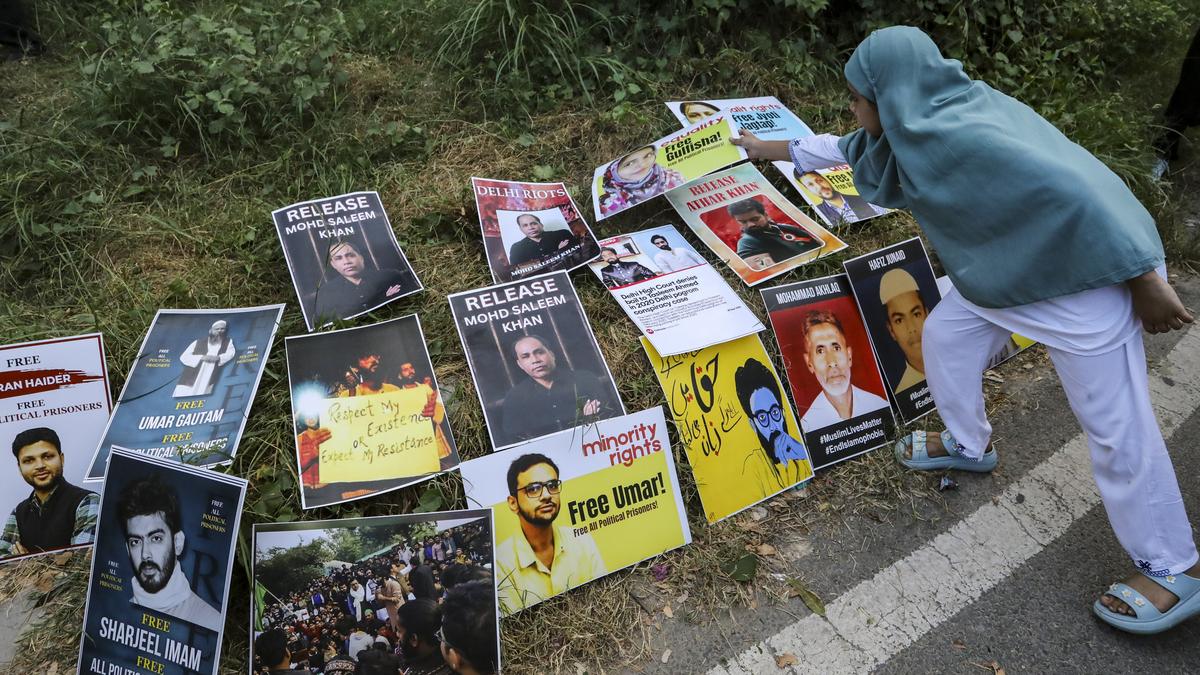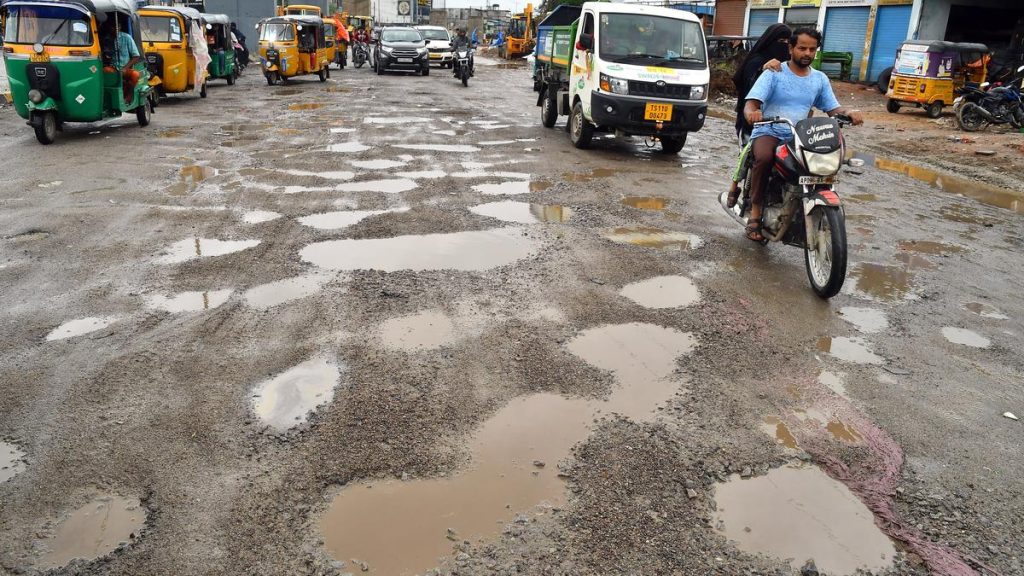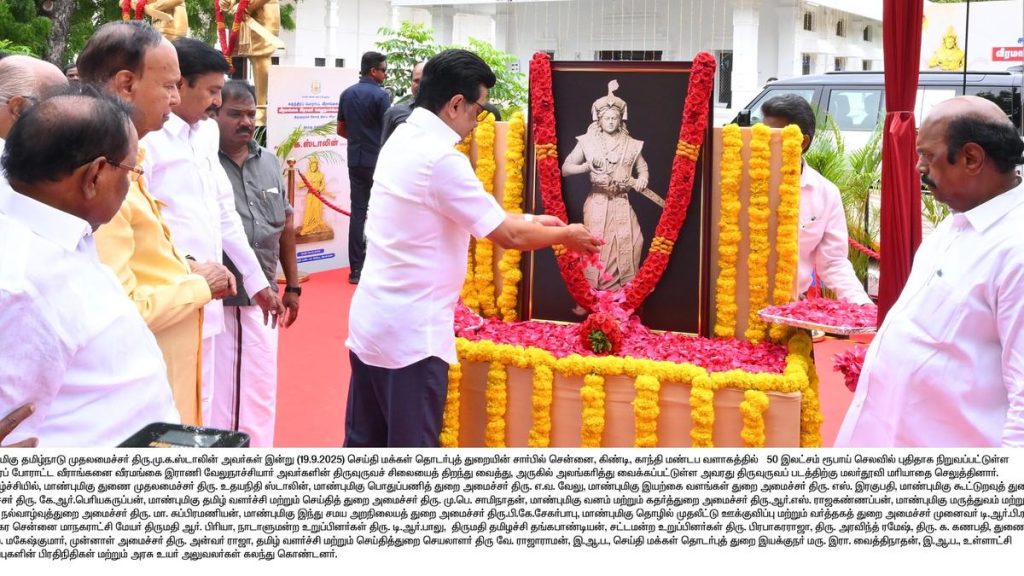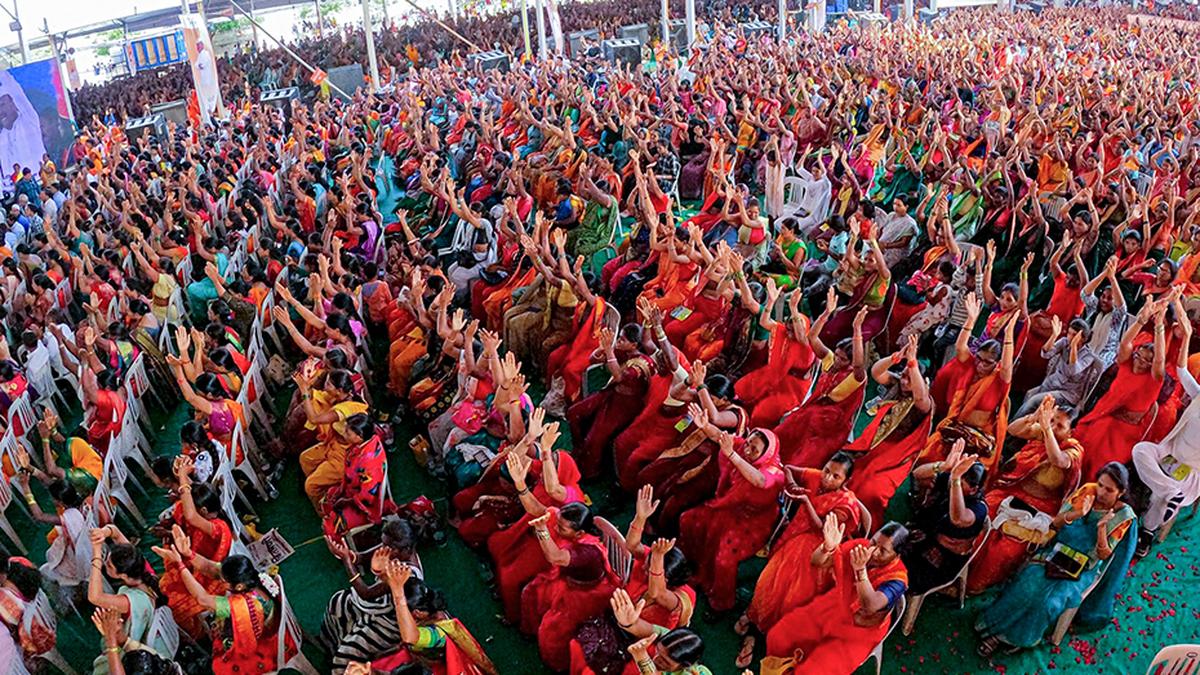Now Reading: Delhi Riots Case: Supreme Court Defers Bail Pleas of Umar Khalid and Sharjeel Imam to Sept 22
-
01
Delhi Riots Case: Supreme Court Defers Bail Pleas of Umar Khalid and Sharjeel Imam to Sept 22
Delhi Riots Case: Supreme Court Defers Bail Pleas of Umar Khalid and Sharjeel Imam to Sept 22

Fast Summary
- The Supreme Court adjourned the bail hearing of activists Umar Khalid,Sharjeel Imam,and others in the 2020 Delhi riots conspiracy case to September 22,2025.
- The accused are charged under the Unlawful Activities (Prevention) Act (UAPA) and sections of the Indian Penal Code.Prosecution alleges they masterminded the violence during protests against CAA-NRC, which resulted in 53 deaths and over 700 injuries.
- Their bail plea challenges a September 2 judgment by delhi High Court denying bail. The court held that there was “prima facie grave” evidence suggesting a premeditated conspiracy disguised as protests.
- Activists Gulfisha Fatima, meeran Haider, Shifa-ur-Rehman among others also appealed for bail after their pleas were similarly denied by the High Court earlier this month.
- Petitioners argue prolonged incarceration-over five-and-a-half years for some like Sharjeel Imam-violates rights to liberty and speedy trial amid systemic delays.
- Defense lawyers seek parity with co-accused previously granted bail: Natasha Narwal, Devangana Kalita (June 2021), Ishrat Jahan (March 2022).
- High Court had cited deliberate timing of riots during then U.S. President Donald Trump’s visit as part of its reasoning against granting relief.
Indian Opinion Analysis
The postponement reflects both procedural caution on part of India’s judiciary and systemic delays characteristic in complex cases involving multiple defendants under stringent laws like UAPA. While safeguarding national security is paramount when weighing charges related to conspiracy or violence during mass events such as the CAA-NRC protests, it clashes with basic principles like presumption of innocence until proven guilty.
Prolonged pre-trial detention for several years without resolution raises concerns about access to speedy justice-a cornerstone of human rights within India’s constitutional framework. Moreover, granting relief based on “parity” may set precedents benefitting future litigants but can polarize public perception depending on legal outcomes seen either validating conspiratorial claims or unjust state prosecution narratives.
Read more at: the Hindu
























